Top 10 Deloitte Competitors In 2023
Deloitte the largest professional services network globally and is one of the “Big Four” accounting firms. Headquartered in London, UK, the company offers audit, financial advisory, consulting, legal, and risk advisory services for over 20 industries worldwide. It has operations in over 150 locations around the world. Deloitte was founded in 1845 by William Welch Deloitte. A number of mergers and acquisitions such as Haskins & Sells, Touche Ross, and Monitor Group helped it expand internationally. As of 2019, the company had 312,028 members of staff and a revenue turnover of $46.2 billion.
| NAME | Deloitte & Touche Llp |
| FOUNDED | 1845 |
| HEADQUARTERS | London, UK |
| SIC CODE | Deloitte |
| STATUS | Private company, limited by guarantee |
| INDUSTRY SECTOR | Professional services |
| EMPLOYEES | 312,028 |
| TRADING SYMBOL | Null |
Deloitte similar companies:
Ernst & Young, KPMG, PricewaterhouseCoopers (PwC), Accenture, McKinsey & Company, Boston Consulting Group, Crowe Global, Grant Thornton International, BDO Global, and RSM International.
How Deloitte Makes Money
Among the Big Four accounting firms, Deloitte is the largest professional services network in the world. It provides audit, financial advisory, consulting, legal, and risk advisory services for over 20 industries in more than 150 countries worldwide. The company reported a revenue turnover of $46.2 billion in 2019, representing a 9.4% increase from the previous year. Deloitte makes its revenues from five primary business segments: audit & assurance, risk advisory, consulting, tax & legal, and financial advisory.
Audit & Assurance
In this segment, Deloitte provides internal audit and standard audit and accounting services. It also offers IT control assurance to clients. The company developed a next-gen cloud-based audit platform known as Omnia which not only allows clients to access audit applications but also data analytics and project management. The company’s analytics platform, Cortex, also won the 2018 Audit Innovation of the Year award.
Risk Advisory
Services in this segment include enterprise risk management, information security, data integrity, business continuity, and project risk management. Deloitte was ranked as the leading security consulting service provider in 2019 by Gartner. Combined with the audit segment, the two segments brought in $15.5 billion in revenues.
Consulting
The company also provides human capital and short-term outsourcing services. It also offers technology integration, strategy & operations, and enterprise applications to its clients. Deloitte was ranked as the best consulting company in the world in 2019. It made $18.7 billion from its consulting business in 2019.
Tax & Legal
In the tax & legal segment, Deloitte made revenue from providing tax liability, transfer pricing, net asset value, and tax advisory services. The company made $8.3 billion in revenues from its tax & legal services last year.
Financial Advisory
Lastly, Deloitte made $3.8 billion from its Financial Advisory segment. The segment includes corporate services such as advisory, e-discovery, forensics, commercial bankruptcy, capital projects consulting, document review, and valuation. Additionally, it advises companies on acquisitions, mergers, and divestitures. The company also offers bankruptcy services to individual clients.
Ernst & Young
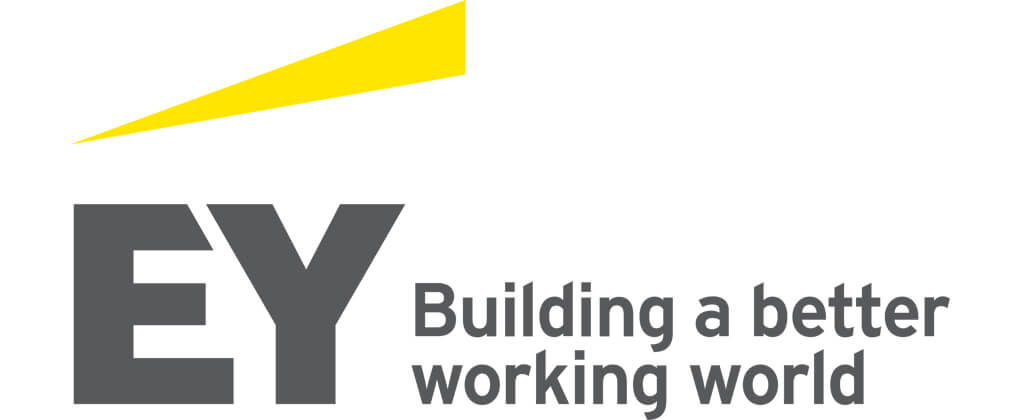
Ernst & Young was established in 1989 after Ernst & Whinney merged with Arthur Young & Company. It rebranded to EY in 2013. Considered one of the Big Four, Ernst & Young is the third-largest accounting firm in the world. Its services include financial audit, advisory, consulting, assurance, and tax. It has also expanded into strategy, operations, HR, and technology consulting services in recent years. The company operates over 700 offices in more than 150 countries globally. Headquartered in London, UK, the company had 284,018 employees and a revenue turnover of $36.4b billion.
Deloitte tops the Big Four global accounting firms with Ernst & Young coming in at the third place. They both made the majority of their 2019 revenues from the Americas market segment. But the only major difference between the two companies is that while Deloitte made most of its revenue from the advisory and consulting business divisions, much of Ernst & Young’s revenue came from audit, assurance, and risk advisory divisions.
KPMG

KPMG was founded in 1987 following a merger between Peat Marwick International and Klynveld Main Goerdeler. It has operations in 147 countries around the world and is ranked fourth of the Big Four accounting firms. KPMG primarily offers tax, advisory, and financial audit services to its clients. The company is headquartered in Amstelveen, Netherlands. As of 2019, it had 219,281 employees and $29.75 billion in revenues.
KPMG is the smallest of the world’s Big Four accounting firms. Just like Deloitte, most of its revenue in the past year came from consulting and advisory businesses. However, unlike Deloitte, KPMG earned most of its 2019 revenue from Europe, Africa, and the Middle East. considering the fact that Deloitte had a 9.4% revenue increase from 2018 while KPMG’s grew by just 6.2%, it is unlikely it will be catching up with the industry leader any time soon.
PricewaterhouseCoopers (PwC)
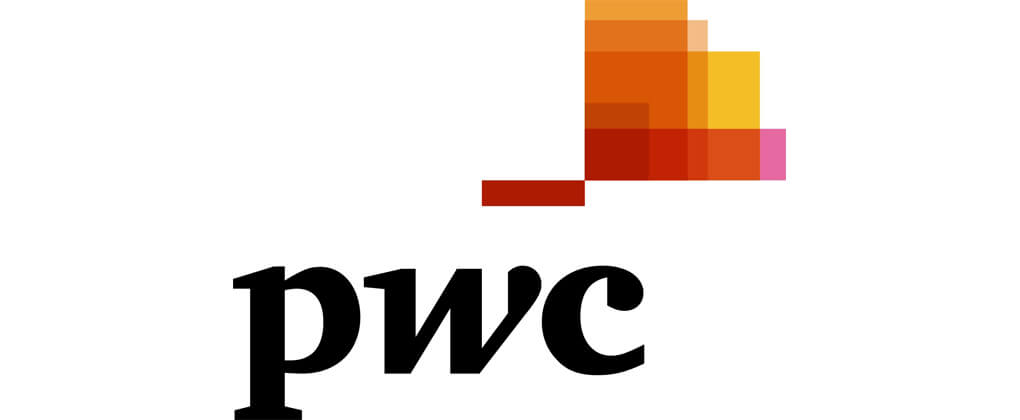
Headquartered in London, UK, PwC provides legal, advisory, tax, audit, and assurance services in 157 countries around the world. It is the second-largest professional services firm network globally. It was named by Forbes as the fifth-largest private company in the United States. In 2019, the company had 276,005 employees and a revenue turnover of $42.4 billion. PwC was established in 1998 after Price Waterhouse merged with Coopers & Lybrand.
PwC, the second-largest accounting firm of the Big Four, is not that far behind industry leader Deloitte. While they both make the largest share of their revenues from the American market, Deloitte’s strong lead in the industry is mostly because of its dominance of the American market. PwC, on the other hand, controls the largest market share in the other markets. The company also made the largest portion of its revenue from tax, audit, and risk advisory services while Deloitte leads in consulting services.
Accenture

Accenture was established in 2001 after it broke away from Arthur Andersen and Andersen Worldwide Société Coopérative (AWSC). It was initially the business and technology consulting division of Arthur Andersen, an accounting firm. After breaking away, Accenture established itself as a professional services company providing operations, technology, interactive, and strategy & consulting services. Headquartered in Dublin, Ireland, it operates in about 120 countries around the world. The company made $43.21 billion in revenues in 2019 and had 492,000 employees.
Accenture has established itself as a technology consultant in the world and in recent years, grown as a strategy and management consulting service provider too. Deloitte, on the other hand, is an established industry leader when it comes to consulting and audit. While they go up against each other in the consulting segment, in which Deloitte is the industry leader, Accenture is seen more as an IT service & outsourcing company. Deloitte only has a 2.9% market share of the IT services industry.
McKinsey & Company
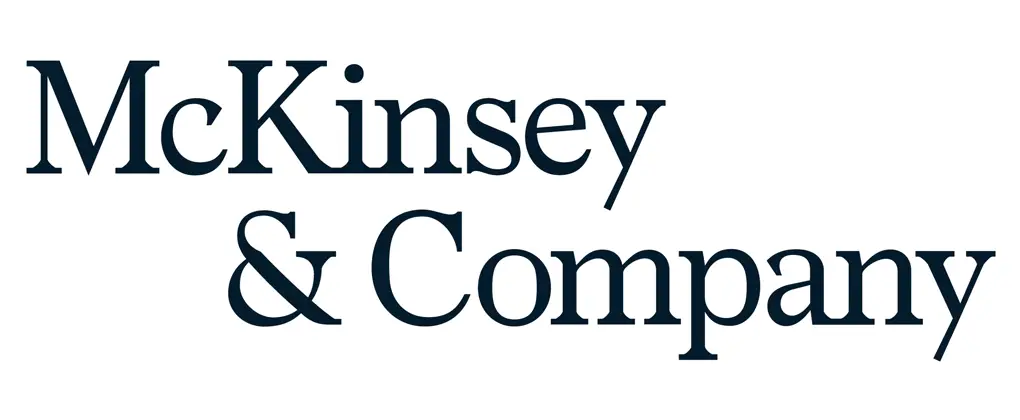
McKinsey & Company is considered the largest pure consulting company in the world. It provides management consulting services to corporations, institutions, and governments among other organizations in over 65 countries around the world. The company was founded by James O. McKinsey in 1926 in Chicago. McKinsey & Company grew and expanded into international markets in the 1980s and 90s. Today, it has 30,000 employees in more than 130 locations around the world. Its revenue for 2019 was $10.5 billion.
While McKinsey & Company is the world’s largest pure consulting company, Deloitte is the world’s largest consulting firm. This is because Deloitte leverages its broad business portfolio that includes tax, audit, and assurance services to get consulting clients. One major difference between the two companies is that McKinsey & Company focuses on the strategy part of consulting while Deloitte (and by extension, the other Big 4) primary focus is on implementation.
Boston Consulting Group
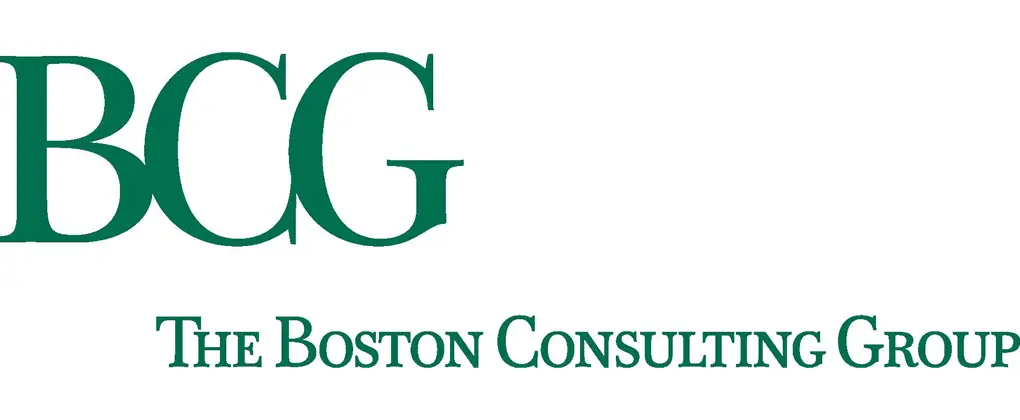
Boston Consulting Group (BCG) was founded in 1963 by Bruce Henderson. It was initially part of the Boston Safe Deposit and Trust Company before Henderson arranged an employee share buyout that was completed in 1979. The company offers management consulting services and is part of the big three management consultant firms alongside McKinsey and Bane. BCG operates over 90 offices around the world. As of 2019, it had 21,000 employees and a revenue turnover of $8.5 billion.
The Big Three vs the Big Four. BCG is the second member (after McKinsey) of the world’s top 3 largest management consulting firms. As previously stated, the Big Three primarily focuses on strategy while the Big Four focus is on implementation. The Big Four also has a more diverse product portfolio.
Crowe Global
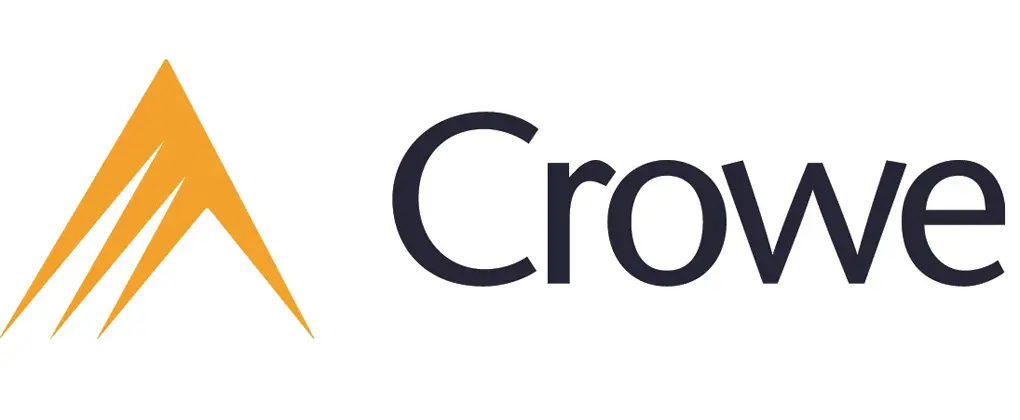
Crowe Global is the 8th largest accounting network company in the world. Its services include financial advisory, enterprise risk advisory, consulting, consulting, and audit. Headquartered in New York City, the company has operations in 130 countries around the world. Crowe was founded in 1915 by Ernest and Edmund Horwath as Horwath & Horwath. It initially focused on the hospitality industry before expanding to audit, accounting, and tax services. After a number of mergers over the years, it rebranded to Crowe in 2018. Its revenue for 2019 was $4.4 billion. The company has 4,000 employees.
Both Crowe and Deloitte have been growing fast in the professional services industry. When Deloitte overtook PwC as the biggest accounting firm in the world, Crowe replaced Baker Tilly at 8th place. But the gap between the Big Four and the rest of the accounting firms keep widening. Outside of the Big Four, all the other accounting firms have revenues of below $10 billion.
Grant Thornton International
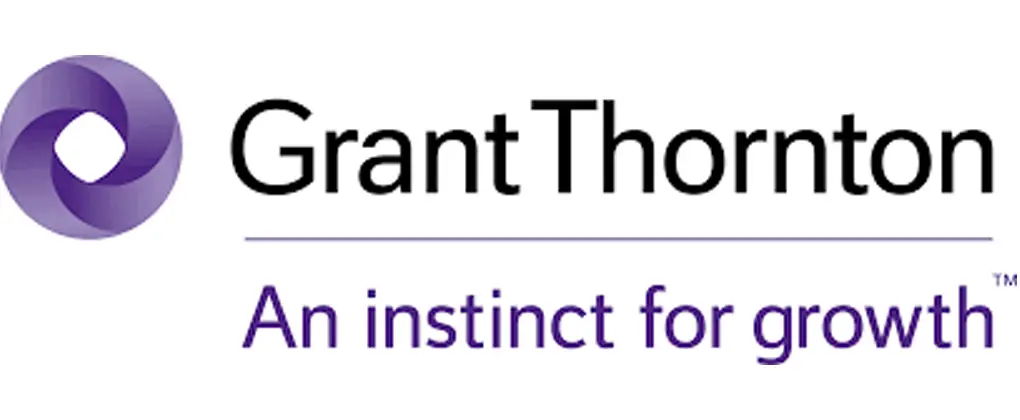
Grant Thornton is a non-profit non-practicing international umbrella organization for independent accounting firms. It has a presence in more than 130 countries around the world providing audit, assurance, tax, and advisory services. Grant Thornton’s primary clients are private businesses, public sector institutions, and public interest entities. The organization was established in 1980 by Alexander Grant & Co., Thornton Baker, and 49 other firms. As of 2019, Grant Thornton had 56,000 employees and $5.72 billion in revenues.
Grant Thornton is a non-profit organization for a number of firms in the professional services industry. It is, therefore, understandable that its revenue is about 9 times less than that of Deloitte. But it has been positioning itself as the best alternative to the Big Four, a strategy that is working for it. In emerging markets such as India, Grant Thornton has already overtaken PwC as the largest accounting firm.
BDO Global
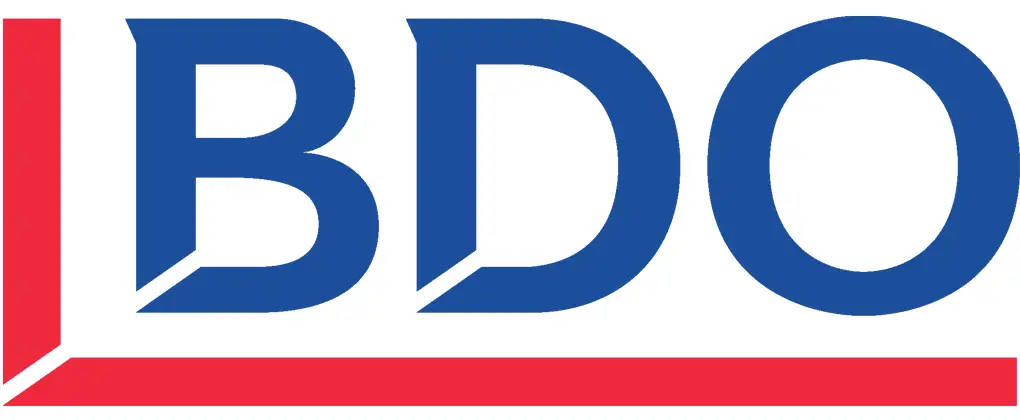
BDO Global was founded in 1963 under the name Binder Seidman International Group by accounting firms from the UK, the Netherlands, Germany, Canada, and the US. It was rebranded to BDO Global in 1973. All member firms rebranded to BDO in 2009. Its member firms provide tax, advisory, accounting, and consulting services to clients in over 160 countries around the world. BDO Global is headquartered in Zaventem, Belgium. As of 2019, its revenue was $9.6 billion and it had 88,000 employees.
Outside of the Big Four, BDO Global is the largest accounting company in the world. Though it is still far off from catching up with any of the Big Four, it has a significant gap between it and the other companies in the top 10. But Deloitte recognizes BDO’s strength in the industry. Deloitte adopted the BDO Audit Manual and Audit Process Tool for its audit approach. The top 6 accounting firms also formed the Global Public Policy Committee (GPPC) to promote a high-standard implementation of accounting for expected credit losses.
RSM International

RSM International is a professional service network whose members offer consulting, tax, and audit services in more than 120 countries around the world. The network operates 810 offices in the Americas, Europe, Asia Pacific, Africa, and the Middle East. It has its headquarters in London, UK. It was established in 1964 as DRM and rebranded to RSM International in 1993. The network had 43,000 employees and a revenue turnover of $5.74 billion in 2019.
The Big Four is currently locked, and all indications are that it will stay so in the foreseeable future. After them, BDO Global is widening the 5th place gap between itself and the rest of the group. Other firms such as RSM International are left to fight for 6th place- a position it has been engaging in a running battle with Grant Thornton.
Conclusion
The top 10 Deloitte competitors include: Ernst & Young, KPMG, PricewaterhouseCoopers (PwC), Accenture, McKinsey & Company, Boston Consulting Group, Crowe Global, Grant Thornton International, BDO Global, and RSM International. Their total revenue for 2019 was $196.22. They had a total of 1,513,304 employees. PwC is Deloitte’s biggest competitor.
Competitors Stats
| NAME | FOUNDED | HEADQUARTERS | EMPLOYEES |
| Ernst & Young | 1989 | London, UK | 284,018 |
| KPMG | 1987 | Amstelveen, Netherlands | 219,281 |
| PricewaterhouseCoopers (PwC) | 1998 | London, UK | 276,005 |
| Accenture | 2001 | Dublin, Ireland | 492,000 |
| McKinsey & Company | 1926 | New York City, New York | 30,000 |
| Boston Consulting Group | 1963 | Boston, Massachusetts | 21,000 |
| Crowe Global | 1915 | New York City, New York | 4,000 |
| Grant Thornton International | 1980 | London, UK | 56,000 |
| BDO Global | 1963 | Zaventem, Belgium | 88,000 |
| RSM International | 1964 | London, UK | 43,000 |


